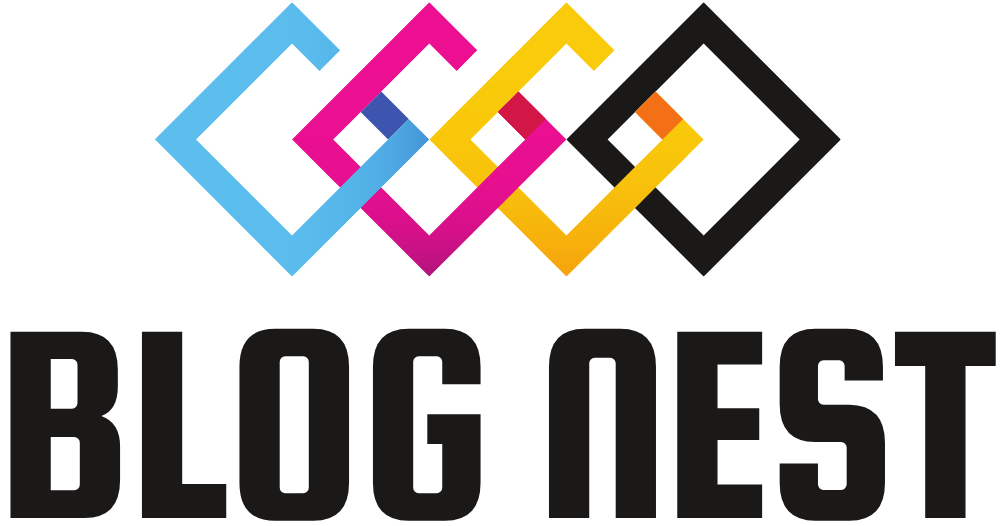Introduction
In the current digital era, it has become unprecedentedly easy to manage one’s finances. With a multitude of financial apps, budgeting tools, and investment platforms available online, the idea of DIY financial planning is gaining popularity. Many individuals are choosing to take control of their financial future without hiring a financial advisor. But the big question remains: Is DIY financial planning right for you?
Like any financial strategy, there are benefits and drawbacks to going solo. In this blog, we’ll explore the pros and cons of DIY financial planning and help you determine if it’s the right path for your goals, lifestyle, and financial situation.
What Is DIY Financial Planning?
DIY financial planning involves creating and managing your own financial strategy without the help of a certified financial planner (CFP) or financial advisor. This includes budgeting, investing, retirement planning, tax planning, estate planning, and setting long-term financial goals—all done independently using available tools, education, and self-discipline.
It’s appealing to those who prefer to be hands-on with their finances or who want to save money on advisory fees. But while technology has made it easier, it’s not without challenges.
The Pros of DIY Financial Planning
1. Cost Savings
One of the most obvious benefits of DIY financial planning is saving money. Hiring a financial advisor can cost thousands of dollars annually, especially if they charge a percentage of assets under management (AUM). By managing your own finances, you avoid these fees, allowing your money to stay invested and compound over time.
2. Full Control Over Your Finances
When you manage your own finances, you have complete control over where your money goes. You make all the decisions—from which investments to choose, to how much risk to take on, and when to rebalance your portfolio. This control can be empowering and educational.
3. Educational Value
Handling your financial planning can be a great learning experience. You’ll become more financially literate, gaining a better understanding of how investments, taxes, retirement accounts, and budgeting all work together. This knowledge can lead to smarter financial decisions in the long run.
4. Customization and Flexibility
DIY planning allows you to tailor your strategy to your personal needs and values. Want to invest in socially responsible funds? Prefer a minimalist budgeting approach? You can make decisions that align with your goals, lifestyle, and values without having to compromise or wait for approval.
5. Access to Technology and Tools
There’s a wide range of tools that make DIY planning easier than ever. From robo-advisors and investing platforms like Vanguard or Fidelity, to budgeting apps like Mint or YNAB, and even tax-filing software like TurboTax, these tools can guide you through complex processes with user-friendly interfaces.
The Cons of DIY Financial Planning
1. Lack of Expertise
While online tools provide guidance, they can’t fully replace the experience and knowledge of a financial professional. Complex situations like tax planning, estate planning, or saving for college and retirement simultaneously may require a level of expertise beyond what most people have.
2. Risk of Mistakes
With DIY planning, the margin for error increases. A simple mistake—such as misjudging risk tolerance, failing to diversify, or overlooking tax implications—can have long-term consequences. Without a professional to double-check your plan, you might make costly errors unknowingly.
3. Time-Consuming
It is necessary to regularly update, rebalance, and research financial planning—it is not a one-time task.For many people, especially those with full-time jobs or families, managing every detail of their finances can become overwhelming and time-consuming.
4. Emotional Decision-Making
One of the greatest risks in DIY investing and financial planning is emotional bias. When the market drops or unexpected expenses arise, you may panic and make irrational decisions. Advisors offer objectivity and help clients stay the course, especially during turbulent times.
5. Limited Access to Comprehensive Planning
Professional advisors often provide a holistic view of your finances, looking at everything from estate planning to insurance, tax strategies, and retirement income planning. DIY planners may focus too much on individual parts—like just investing—while ignoring other critical areas.
Is DIY Financial Planning Right for You?
The choice of whether to opt for a DIY approach hinges on various factors:
✔️ DIY May Be Right for You If:
- You have a basic or moderate understanding of financial concepts.
- Your financial situation is relatively straightforward.
- You enjoy researching, learning, and making financial decisions.
- You are comfortable using online tools and managing spreadsheets.
- You want to save on advisory fees and retain full control.
❌ Self-made solutions might not suit you if:
- Your finances are complex (business income, multiple properties, inheritance, etc.).
- You lack the time, interest, or confidence to manage your money.
- You’re close to retirement and need a detailed drawdown plan.
- You want someone to help you stay objective and accountable.
- You’re making high-stakes decisions and can’t afford major mistakes.
A Hybrid Approach: The Best of Both Worlds?
Many people find success in a hybrid financial planning model—managing day-to-day finances on their own while consulting a professional for complex or high-impact decisions. Some may hire a financial planner for a one-time session, an annual review, or specific issues like estate planning or tax optimization.
This approach allows you to stay in control while getting expert insights when it matters most.
Final Thoughts
DIY financial planning can be a powerful and cost-effective way to manage your finances—if you’re prepared to put in the time, effort, and ongoing commitment it requires. For those who enjoy taking a hands-on approach and have a good understanding of financial basics, the rewards can be substantial.
However, if your situation is more complex or you value professional advice, working with a financial advisor may be a wise investment in your future. In the end, the best financial planning strategy is the one that helps you meet your goals, reduces your stress, and aligns with your personal comfort level.
See more our website : visit here






